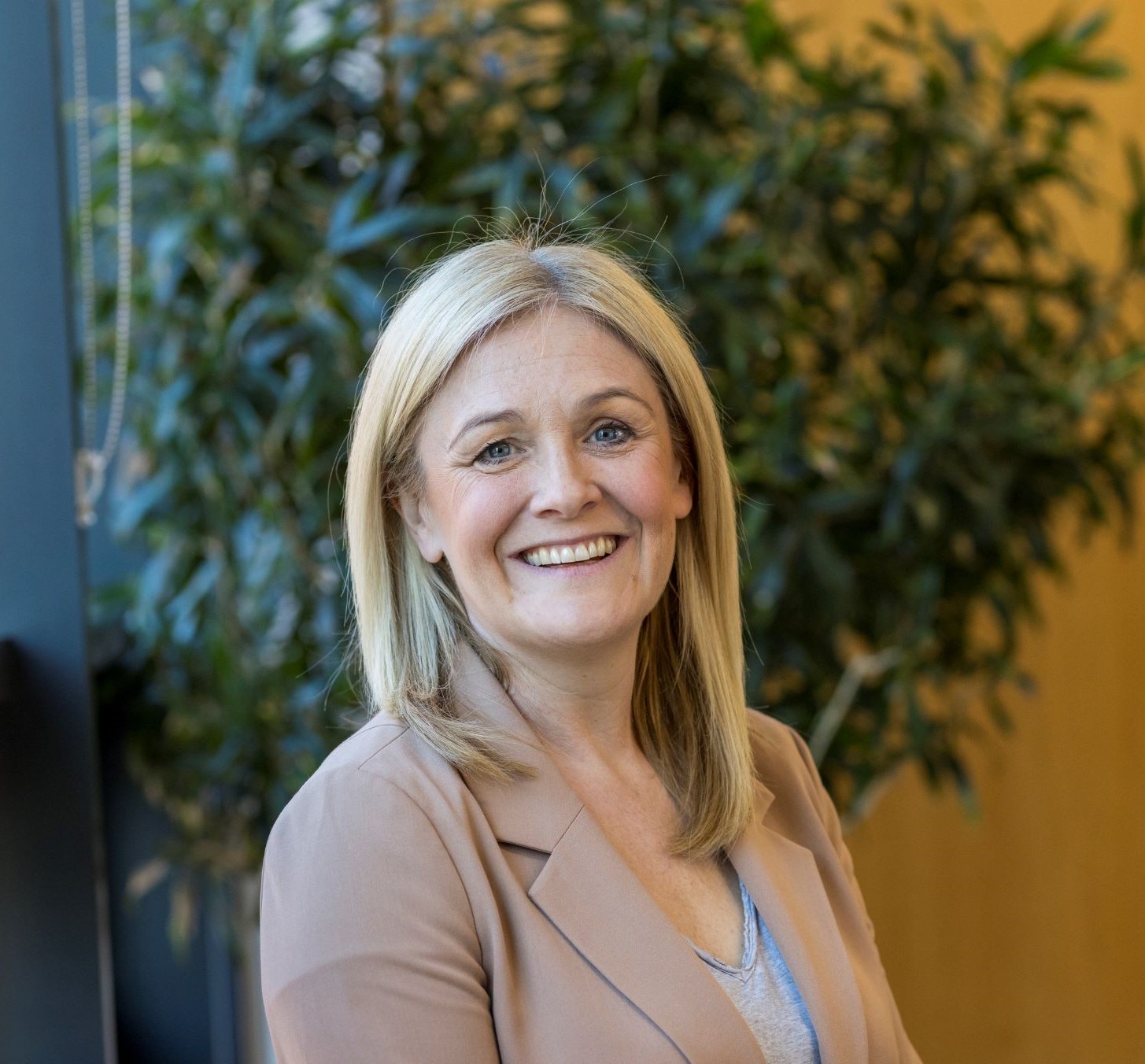Put patients at the centre of combined action plan after stroke and associated heart disease
A combined action plan is needed to optimise the treatment and rehabilitation of patients who suffer stroke and associated heart disease.
Putting patients and their care givers at the centre of this approach is crucial with a holistic approach including education and lifestyle advice of vital importance, alongside clinical practice.
This is important due to the co-occurring and inter-linked nature of cardiac and cerebrovascular disease, eg. stroke. An integrated care approach to both will result in more efficient and effective treatment.
The findings are contained in a paper presented to a meeting of the European Society of Cardiology (ESC) Council in Budapest, Hungary, by Prof Gregory Lip, Director of the Liverpool Centre for Cardiovascular Science and Director of LHP’s Cardiovascular programme, today (13th May 2022).
The position paper followed the convening of an expert multidisciplinary taskforce by the ESC Council on Stroke with the remit to propose a consensus on integrated care management of stroke and associated heart disease.
It aims to define evidence gaps and simple approaches to assist everyday clinical practice.
The position paper states that ultimately, the patient is central to all this, requiring a coordinated and uniform approach to the priorities of post-stroke management, which can be consistently implemented by different healthcare professionals in a variety of disciplines.
This patient pathway should be supported by appropriate education and the tele-medicine approaches. All these aspects would ultimately aid delivery of care and improve patients and care giver empowerment.
A post-stroke ABC pathway is proposed, as a more holistic approach to integrated stroke care. This would include three pillars of management:
A: Appropriate Antithrombotic therapy.
B: Better functional psychological status.
C: Cardiovascular risk factors and comorbidity optimisation (including lifestyle changes).
Between 20 and 30% of all strokes are recurrent strokes.
The position paper also states that an integrated care approach to stroke care can reduce the likelihood of cardiovascular disease, but should they occur, it is vital that evidence-based care pathways are in place, with equitable care available for everyone, at any timepoint.
These pathways need to provide seamless, integrated, and individualised care and be delivered by a workforce that has the right knowledge, skills, and behaviours, depending on their role along the pathway.
You can read the full paper here.
_____________________________________________________________________________________________________________
Integrated care for optimizing the management of stroke and associated heart disease: A position paper of the European Society of Cardiology Council on Stroke
Gregory Y. H. Lip, Deirdre A. Lane, Radosław Lenarczyk, Giuseppe Boriani, Wolfram Doehner, Laura A. Benjamin, Marc Fisher, Deborah Lowe, Ralph L. Sacco, Renate Schnabel, Caroline Watkins, George Ntaios, Tatjana Potpara.




